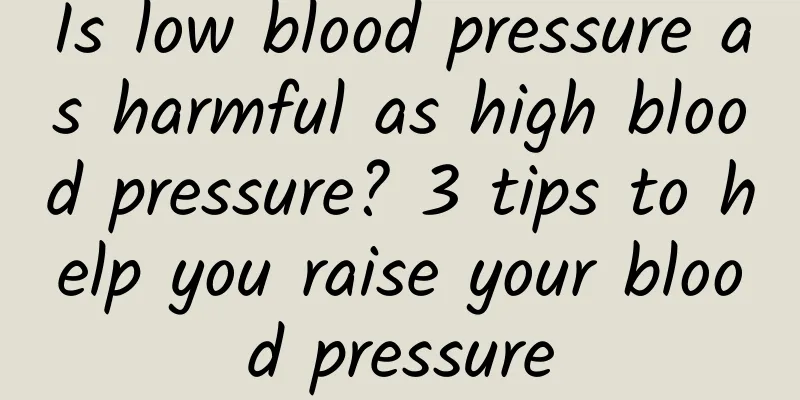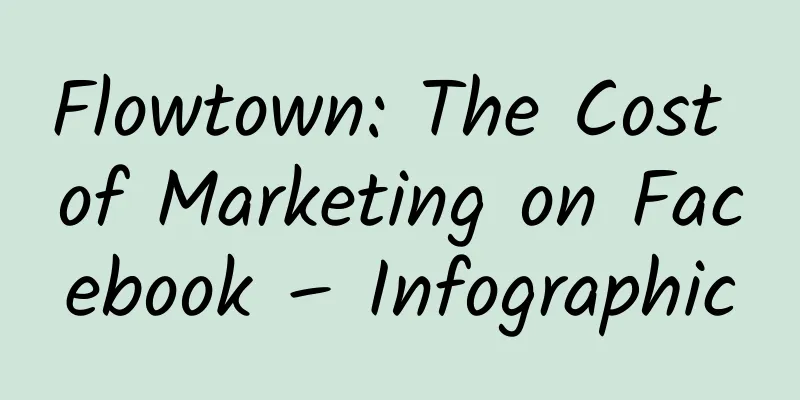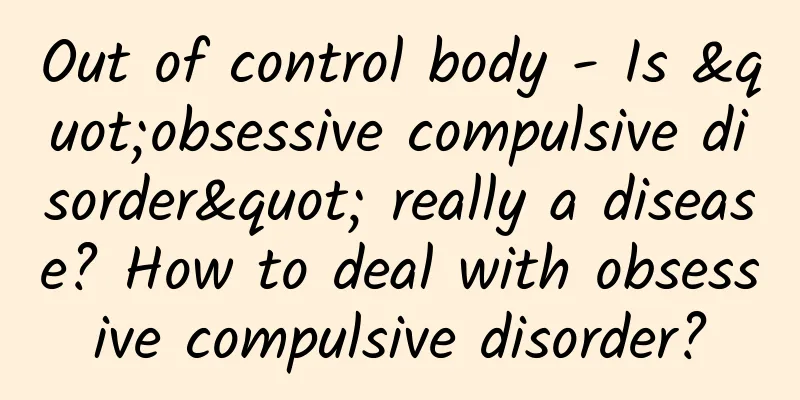Is low blood pressure as harmful as high blood pressure? 3 tips to help you raise your blood pressure

|
When it comes to blood pressure, people generally tend to be afraid of high blood pressure but not low blood pressure. Today, I’m going to talk to you about low blood pressure. How low is the blood pressure considered hypotension? Currently, there is no unified standard for the diagnosis of hypotension internationally. But it usually means blood pressure below 90/60 mmHg, that is, systolic pressure (high pressure) is below 90 mmHg, and diastolic pressure (low pressure) is below 60 mmHg. Data shows that about 10% of people in China have low blood pressure problems. Some people are born with low blood pressure, which is physiological hypotension, mostly related to genetics or physical weakness. Although the blood pressure has reached the low pressure standard, there are no symptoms, and the body system and organs are not ischemic or hypoxic, so there is no need to pay too much attention. In addition, there is pathological hypotension (divided into primary and secondary), and its hazards should be paid attention to. Because the blood pressure is too low, the human body's tissues and organs are insufficiently supplied with blood for a long time, which may cause varying degrees of discomfort and disease. Mild symptoms A few people may experience symptoms such as cold hands and feet, general weakness, dizziness, palpitations and forgetfulness. Severe hypotension can harm multiple organs When hypotension is severe, it may cause a variety of symptoms and myocardial and cerebral ischemia, and may induce heart disease, stroke, kidney failure, etc., which may be serious or life-threatening. Hypotension in the elderly is more serious The elderly have poor self-regulation ability and low tolerance to low blood pressure, and are prone to insufficient organ perfusion and ischemia. In severe cases, they may suffer from ischemic stroke, angina pectoris, and renal insufficiency. In addition, according to a study by the Albert Einstein College of Medicine in New York, for every 10 mmHg decrease in diastolic blood pressure in people over 75 years old, the risk of developing cognitive impairment increases by about 20%. When blood pressure continues to be lower than the normal range, you should be more careful in the following situations: When you suddenly stand up after waking up, sitting or squatting for a long time, you may experience transient dizziness, blurred vision, blackouts, nausea, etc. This is orthostatic hypotension, which is related to the body's blood pressure self-regulation mechanism. This situation often happens to women, the elderly, and children. The elderly should be especially careful to avoid falling and getting injured due to a blackout. Mitigation methods: Change positions slowly to give your body enough time to adjust blood pressure. For example, when you get up, you can do three "30 seconds": lie down with your eyes open for 30 seconds; sit up and wait for 30 seconds; stand up in place for 30 seconds. After a meal, a large amount of blood will rush to the gastrointestinal tract, and the blood supply to the cardiovascular and cerebrovascular systems will decrease accordingly, causing dizziness, confusion, palpitations, etc. This is also called postprandial hypotension, which often occurs in the elderly. Relief methods: Eat small and frequent meals, and do not eat too much at each meal; drink a glass of water before meals; avoid strenuous exercise, standing for long periods of time, driving, etc. after meals to reduce unnecessary accidents. Some diseases or drugs may cause hypotension, such as some endocrine dysfunction, chronic wasting diseases, malnutrition and other diseases, or taking antihypertensive drugs, anti-anginal drugs, diuretics, which may cause low blood pressure. Relief measures: You need to go to the hospital for active testing and follow the doctor's advice for relevant treatment. Rehydrate in time You can drink a glass of light salt water when you wake up in the morning. Especially when the temperature is high, you should pay attention to replenishing water properly. More water entering the blood can increase blood volume, thereby increasing blood pressure. If you sweat a lot, it is also necessary to drink some functional drinks to replenish salt in the body and avoid dehydration. Eat a healthy diet Maintain a balanced diet and eat more vegetables and fruits to supplement vitamins and water. Supplement protein and increase cholesterol intake appropriately. For people with low blood pressure whose BIM index is less than 18.5, it is recommended to gain weight appropriately. Eat less foods that have auxiliary blood pressure lowering effects, such as celery, winter melon, lotus leaf tea, chrysanthemum tea, etc. Exercise regularly Some long contraction exercises, such as plank support and handgrip training, have a gentler amplitude and can also enhance myocardial contractility, assist venous blood return, increase the amount of blood output by the heart, and increase blood pressure. Whether you are a patient with high or low blood pressure, I hope you will correct your bad habits and bring your blood pressure back to the standard range. |
<<: What is the difference between Chinese dried noodles and Italian noodles?
>>: Is chewing slowly helpful for losing weight and controlling blood sugar?
Recommend
What are the characteristics of uterine contractility?
If you ask me which factors may affect childbirth...
What causes dizziness when pregnant women wake up?
Pregnant women are a special protected group in t...
Do enzymes affect menstruation?
Fruit enzymes are mainly probiotic powder, which ...
The most underestimated longevity exercise! Many people exercise wrongly
The World Health Organization defines "healt...
Why can Disney set off fireworks? Shanghai Disney Guide
Disney has several exciting attractions, among wh...
Why do girls have small breasts? Why do I have small breasts?
Some people's breasts are not well developed ...
A 20-year-old boy was diagnosed with cancer after having diarrhea for several days! Many young people have these habits...
Xiao Wang (pseudonym) just turned 20 After gradua...
The summer sun is strong, sun protection tips will help you cope with it easily!
As a reliable senior, Xiaoxi likes summer, of cou...
Can abortion cause sweating?
Steaming is a way to relax the body that came fro...
How to cure chronic pelvic inflammation
Chronic diseases are always a hidden danger for p...
The secret of electronic endoscopes in gastrointestinal endoscopy: a journey of strict "cleaning" for one person per endoscopy
When facing a gastrointestinal endoscopy, many pa...
What are those lumps next to the nipples?
Nipples are the most important private part of th...
Latent period of condyloma acuminatum
Genital warts are a type of disease that grows in...
What to do if your wrist hurts during breastfeeding
Many women experience wrist pain during breastfee...
Is there a lot of vaginal discharge on the ovulation day?
When a woman is on the ovulation day, the leucorr...









